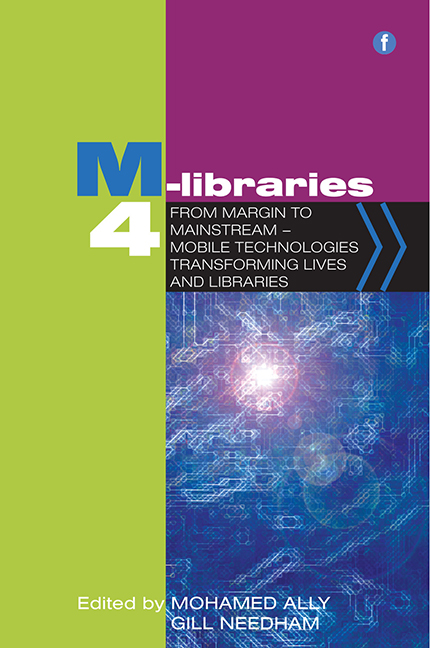9 - M-education reaching the unreached: a Government of India initiative
Published online by Cambridge University Press: 10 September 2022
Summary
Introduction
Mobile devices are playing a significant role in delivering education in India through the use of mobile and wireless technologies. The importance of this medium is steadily being realized by the Government of India, which is working towards mobile education (m-education or mlearning). The government is encouraging m-education by means of distributed peer collaboration over wireless devices, tablets and desktop computers, so as to create opportunities for discovery and education.
The government is working to meet learners’ needs to acquire knowledge and skills for life in a complex and globalized world. Steps are being taken to create active m-learning communities and to target models and solutions for mass training in the use of m-education. Various plans are afoot to transform schools, universities and other educational institutions using interactive, personalized and distributed learning resources delivered via mobile devices.
Following the UNESCO plan of One Laptop Per Child (OLPC), the government has launched a low-cost tablet computing device. The device has been developed as part of the National Mission on Education through Information and Communication Technology (NME-ICT), which aims to link 25,000 colleges and 400 universities on the subcontinent in an e-learning programme via the Sakshat portal. The tablet is known as Aakash (Sanskrit for ‘sky’). The aim in launching this cheap tablet, which is cheaper than other tablets and affordable for many millions of Indians, is to boost education and make rural students familiar with new technology. The Human Resource Development Ministry has floated a Cabinet note to get approval for the procurement of 5 million Aakash tablets for distribution among college students by the end of the year 2012, at a cost of over US$20 million. The commercial version of the tablet will be retailed under the brand name UbiSlate. With the launch of this tablet PC, Indian schools and colleges will be able to discover and leverage global educational content.
This chapter looks at the innovative use of wireless and mobile technologies in education. The launch of the Aakash tablet will be explored, and its spread and significance in contributing to m-education in India will be highlighted.
- Type
- Chapter
- Information
- M-Libraries 4From Margin to Mainstream - Mobile Technologies Transforming Lives and Libraries, pp. 75 - 84Publisher: FacetPrint publication year: 2014



